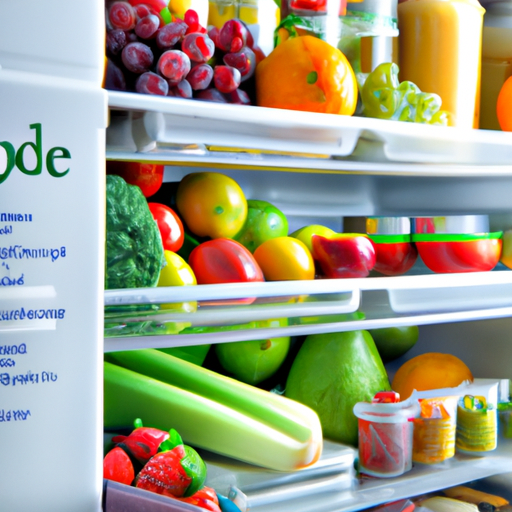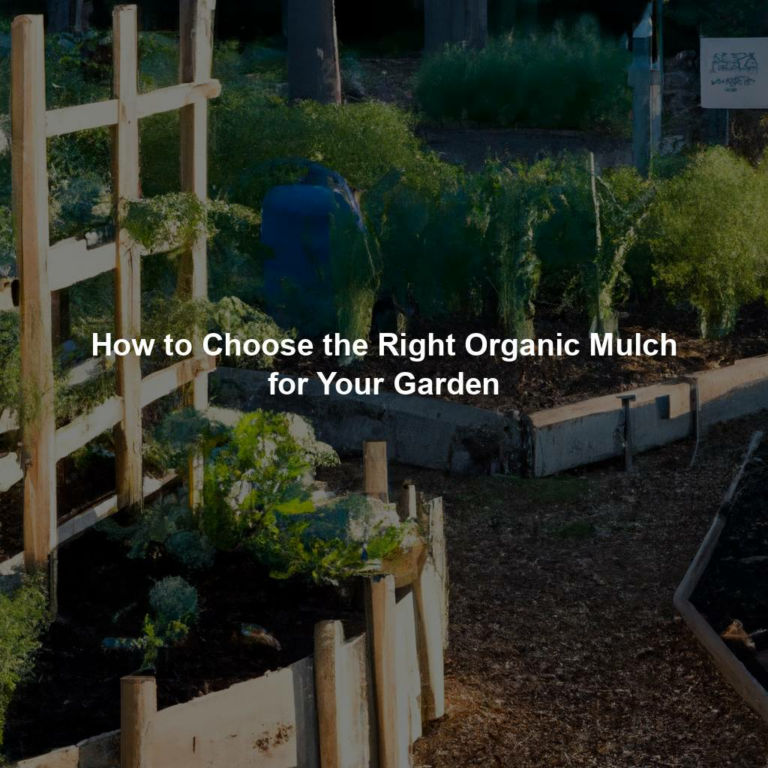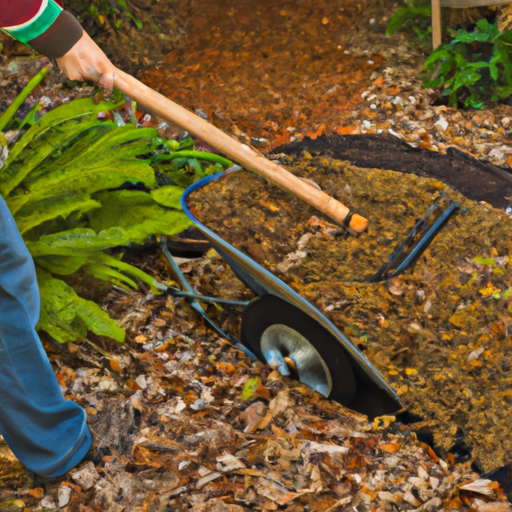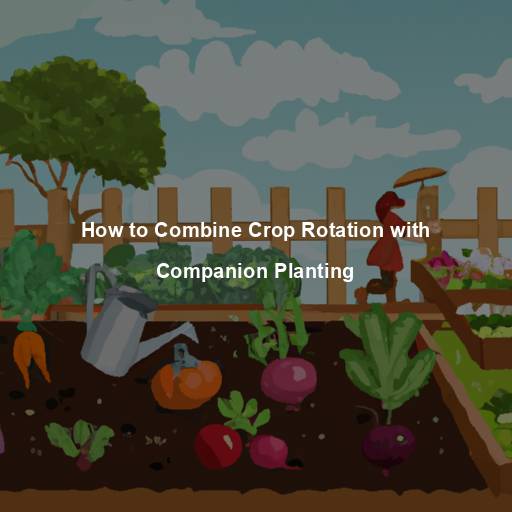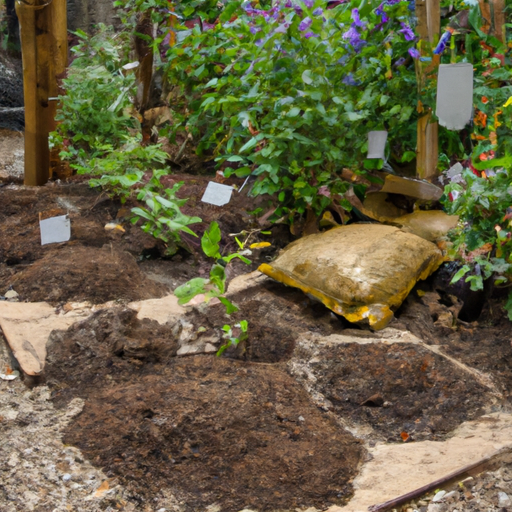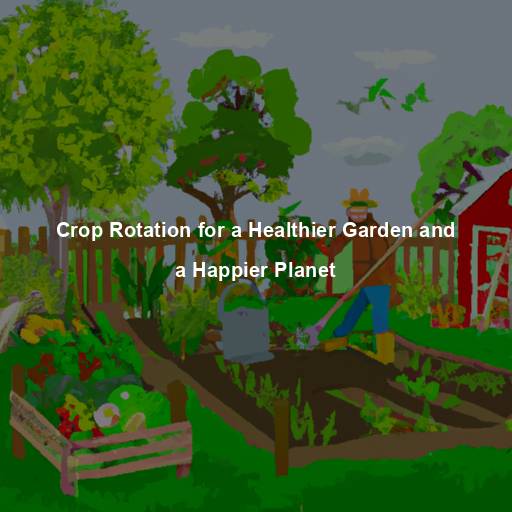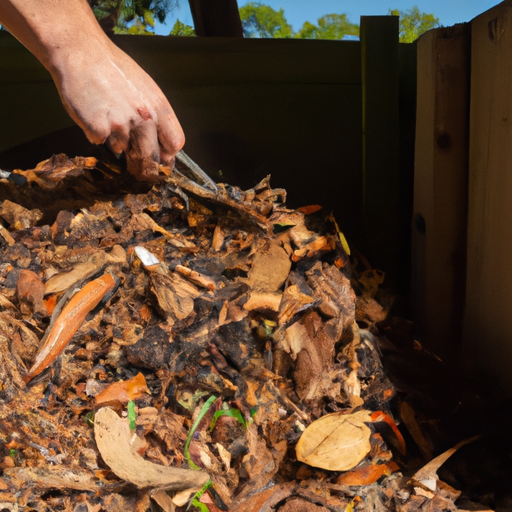As a Master Gardener, I have always emphasized the importance of properly storing organic produce. By taking care to store fruits and vegetables in the right conditions, we can not only extend their shelf life but also preserve their nutritional quality.
In this article, I will explore some of the benefits that come with proper storage methods for organic produce. One key benefit is reducing food waste. When we don’t take proper care to store our produce correctly, it’s more likely to spoil or go bad before we have a chance to use it. This means wasted money and resources as well as lost nutrition.
Properly storing organic produce can help us avoid these issues by ensuring that our fruits and veggies stay fresh for longer periods of time. Additionally, when we are able to keep produce fresh for longer, we’re less likely to overbuy at the grocery store, which ultimately contributes to reducing food waste on a larger scale.
Extending Shelf Life Of Organic Produce
Did you know that proper storage techniques can extend the shelf stability of organic produce by up to 50%?
As a Master Gardener, I have seen firsthand how important it is to store fruits and vegetables correctly.
By keeping them in a cool, dry place with plenty of ventilation, you can prevent moisture buildup and reduce the risk of mold or rotting.
Additionally, some produce requires specific storage methods – for example, potatoes should be kept in a dark area to prevent sprouting while onions prefer a well-ventilated space.
By taking these small steps, you not only extend the life of your organic produce but also save money on wasted food.
Preserving Nutritional Value
Now that we know how to extend the shelf life of our organic produce, it’s important to understand how proper storage can also help preserve their nutritional value.
Storing fruits and vegetables in a cool, dry place is key to keeping them fresh for longer periods of time. However, different types of produce require specific storage tips – some need refrigeration while others must be kept at room temperature.
It’s also important to avoid storing produce near ethylene-producing foods like bananas and avocados as they can cause nearby fruits and vegetables to ripen too quickly.
In addition to proper storage, cooking techniques can also play a role in preserving the nutrients found in organic produce. Overcooking vegetables can lead to nutrient loss, so steaming or lightly sautéing them is recommended. Choosing recipes that call for raw or minimally processed ingredients is another way to ensure you’re getting the most out of your organic produce.
By taking these steps towards proper storage and cooking methods, not only will your food last longer but you’ll also reap the maximum health benefits from each bite.
Reducing Food Waste
Imagine walking through a beautiful garden, filled with vibrant colors and the scent of fresh herbs. As you wander, you notice a pile of rotting produce in the corner, attracting pests and emitting an unpleasant odor.
This is the unfortunate reality when we don’t properly store organic produce. Not only does it result in wasted food and money, but it also harms our environment.
As Master Gardeners, we have a responsibility to reduce food waste by finding ways to compost our excess fruits and vegetables. By doing so, we can create nutrient-rich soil that will benefit future crops while reducing greenhouse gas emissions from landfills.
Additionally, community gardens provide a wonderful opportunity for us to share our bounty with others who may not have access to fresh produce. Let’s work together to minimize food waste and make the most of what nature provides us without harming our planet or communities.
Saving Money And Resources
Now that we know how to reduce food waste, let’s talk about the benefits of properly storing organic produce.
Not only does proper storage help keep our fruits and vegetables fresher for longer periods of time, but it also helps maintain their nutritional value.
With DIY storage solutions such as using reusable mesh bags or glass containers with airtight lids, we can extend the life of our produce and avoid unnecessary trips to the grocery store.
Additionally, taking advantage of seasonal produce availability allows us to purchase fresh items at lower prices and in larger quantities, which we can then store appropriately for future use.
By implementing these practices, not only are we saving money and resources, but we’re also contributing to a more sustainable lifestyle overall.
Contributing To Larger-Scale Reduction Of Food Waste
Let’s take a moment to think about how we can contribute to the larger-scale reduction of food waste.
One solution is composting, which involves turning organic matter into nutrient-rich soil that can be used for gardening and farming. By properly storing your organic produce and using it in your own compost pile, you are reducing the amount of food waste that ends up in landfills and contributing to the health of our planet.
Another option is community food sharing, where individuals or organizations collect excess produce from local farmers markets or grocery stores and distribute them to those in need. This not only helps reduce food waste but also provides fresh produce to people who may not have access otherwise.
As Master Gardeners, we have the power to make a difference by implementing these solutions in our communities and spreading awareness about the benefits of reducing food waste.
Let’s work together towards a healthier environment and more sustainable future.
Frequently Asked Questions
What Are Some Common Mistakes People Make When Storing Organic Produce?
When it comes to storing organic produce, there are some common misconceptions that can lead to spoilage and waste.
One mistake people often make is not properly washing their fruits and vegetables before storage. This can lead to the growth of bacteria and mold, causing them to go bad quickly.
Another misconception is that all produce should be stored in the refrigerator, when in fact some items like tomatoes and avocados prefer room temperature storage.
Additionally, proper ventilation is crucial for many types of produce such as leafy greens and herbs.
By understanding these proper storage techniques for organic produce, you can help extend their shelf life and reduce food waste.
How Can I Tell If My Organic Produce Has Gone Bad?
Wondering if your organic produce has gone bad? Don’t worry, there are a few signs of spoilage to look out for.
First, check for any mold or unusual discoloration on the skin of the fruit or vegetable. If it looks slimy or smells off, then it’s likely past its prime.
Another indicator is texture – if the produce feels mushy or soft instead of firm and crisp, it may not be safe to eat.
To prevent these issues from happening in the first place, make sure you’re storing your organic produce properly by keeping them at their ideal temperature and humidity levels. This will help extend shelf life and ensure that you get the most nutrition out of your fruits and veggies!
Can I Store All Types Of Organic Produce Together Or Should They Be Stored Separately?
When it comes to storing organic produce, proper storage techniques are crucial in maintaining the shelf life of your fruits and veggies.
It’s important to consider each type individually, as some produce can release gases that accelerate the ripening process of neighboring items.
For example, leafy greens should be stored separately from fruits like apples or bananas, which emit ethylene gas that can cause wilting.
A general rule is to store all types of organic produce in a cool and dry place with good air circulation.
By taking these measures, you can ensure that your organic produce stays fresh for longer periods and reduces food waste in your household.
Are There Any Fruits Or Vegetables That Should Not Be Stored In The Refrigerator?
When it comes to storing fruits and vegetables, there are definitely some that should not be kept in the refrigerator.
Tomatoes, bananas, avocados, melons, and onions are just a few examples of produce that will actually do better at room temperature. Keeping them in the fridge can cause their textures and flavors to change for the worse.
But if you’re going to store your fresh produce outside of the fridge, it’s important to use proper storage containers to keep them fresh as long as possible. Be sure to choose containers with lids that seal tightly but also allow for air circulation. And don’t forget to label them with the contents and date so you know how long they’ve been stored!
How Can I Prevent My Organic Produce From Becoming Too Dry Or Wilted?
Preventing your organic produce from becoming too dry or wilted is absolutely crucial to maintaining the integrity of these precious commodities.
As a Master Gardener, I cannot emphasize enough how important it is to properly hydrate your fruits and vegetables before storing them away in their respective storage containers.
You simply cannot expect your produce to last long if you do not give them the proper care they deserve.
So, make sure to take the time necessary to ensure that each piece of fruit or vegetable is adequately hydrated before placing them into storage containers.
Trust me when I say that this extra step will pay off tenfold in terms of flavor, texture, and overall quality!
Conclusion
As a Master Gardener, I cannot stress enough the importance of properly storing organic produce.
It not only helps to preserve the freshness and flavor of your fruits and vegetables, but also ensures that you are getting the maximum nutritional value from them.
To avoid common mistakes like leaving produce out in the open air or overcrowding it in the refrigerator, take the time to learn about each type of fruit or vegetable’s storage needs.
This will help you to create an organized system for keeping everything fresh and tasty.
Remember, just as plants need proper care to thrive, so too do their harvested counterparts require careful handling if they are going to remain nutritious and delicious for longer periods of time.
So don’t let good food go to waste!
Take pride in preserving your organic produce by following these simple guidelines for proper storage.
Your body (and taste buds) will thank you later!
